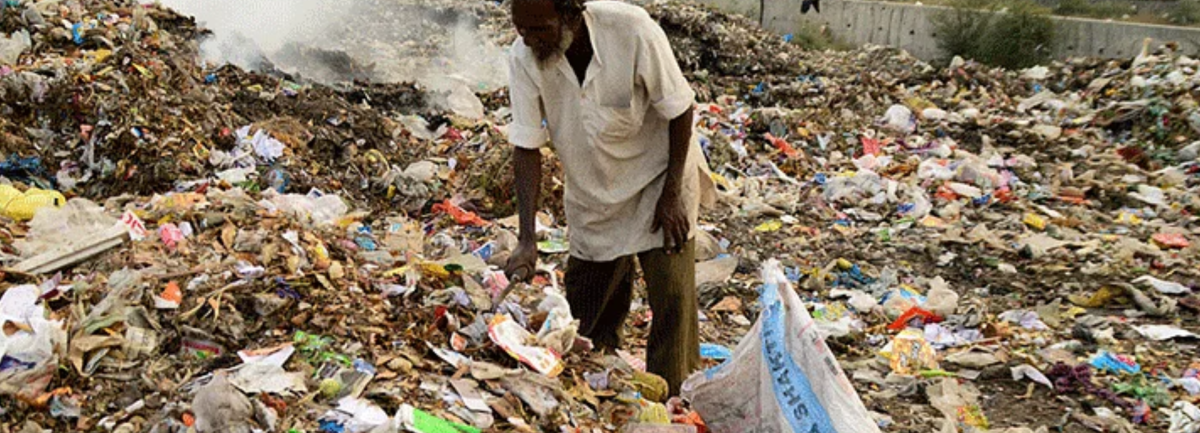Introduction
Ragpickers play an essential role in India’s waste management system. They are individuals who collect and segregate recyclable materials from waste to earn a livelihood. While their work is crucial for recycling and environmental sustainability, ragpickers face numerous challenges and hardships in their daily lives. This article delves into the problems faced by ragpickers in India, shedding light on their struggles and advocating for better solutions to support this vital workforce.
Problems Faced By Ragpickers
1. Health Hazards
Engaging in waste-picking exposes ragpickers to various health hazards. They come into contact with toxic substances, sharp objects, and biohazardous materials, putting them at risk of infections, respiratory issues, and skin diseases. The absence of proper protective gear exacerbates these health risks.
2. Lack of Education and Skill Development
Many ragpickers are deprived of education and skill development opportunities. The absence of these resources traps them in a cycle of poverty, making it challenging for them to escape from this occupation.
3. Limited Access to Healthcare
Ragpickers typically have limited access to healthcare facilities. Due to financial constraints and societal neglect, they often cannot afford medical treatment, leading to untreated health conditions.
4. Unstable Earnings
The income of ragpickers fluctuates significantly, depending on factors like the demand for recyclable materials and the prevailing market rates. This uncertainty makes it difficult for them to plan and budget for their families needs.
5. Lack of Social Security
Ragpickers are usually not covered under any social security schemes. The absence of financial support during times of illness, injury, or old age adds to their financial insecurities.
6. Environmental Dangers
While ragpickers contribute positively to recycling, they are also exposed to the adverse impacts of waste mismanagement, including pollution and environmental hazards.
7. Absence of Organized Sector
The lack of organization within the rag-picking sector makes it challenging to advocate for their rights, benefits, and improved working conditions.
8. Harsh Working Conditions
Ragpickers work in harsh and unhygienic conditions, often under extreme weather conditions. This takes a toll on their physical health and overall well-being.
9. Social Exclusion
Ragpickers and their families often face social exclusion and are excluded from mainstream society due to their occupation.
10. Child Labor
The involvement of children in rag-picking is a prevalent issue in India. It denies them their right to education and exposes them to the same health and social risks as adult ragpickers.
11. Lack of Access to Government Schemes
Ragpickers are often unaware of the various government schemes and welfare programs designed to help the marginalized sections of society, including them.
14. Absence of Waste Segregation at Source
The lack of waste segregation at source increases the burden on ragpickers, as they have to spend more time and effort sorting through mixed waste.
15. Inadequate Waste Disposal Infrastructure
The absence of proper waste disposal infrastructure leads to scattered waste dumps, making waste collection more challenging for ragpickers.
Conclusion
The problems faced by ragpickers in India are multifaceted and require urgent attention. It is essential to recognize their contribution to society and improve their working conditions. Providing education, skill development, and access to healthcare can uplift their lives and break the cycle of poverty. Additionally, creating awareness about waste management and recycling among the public can lead to a more inclusive and supportive environment for ragpickers.


